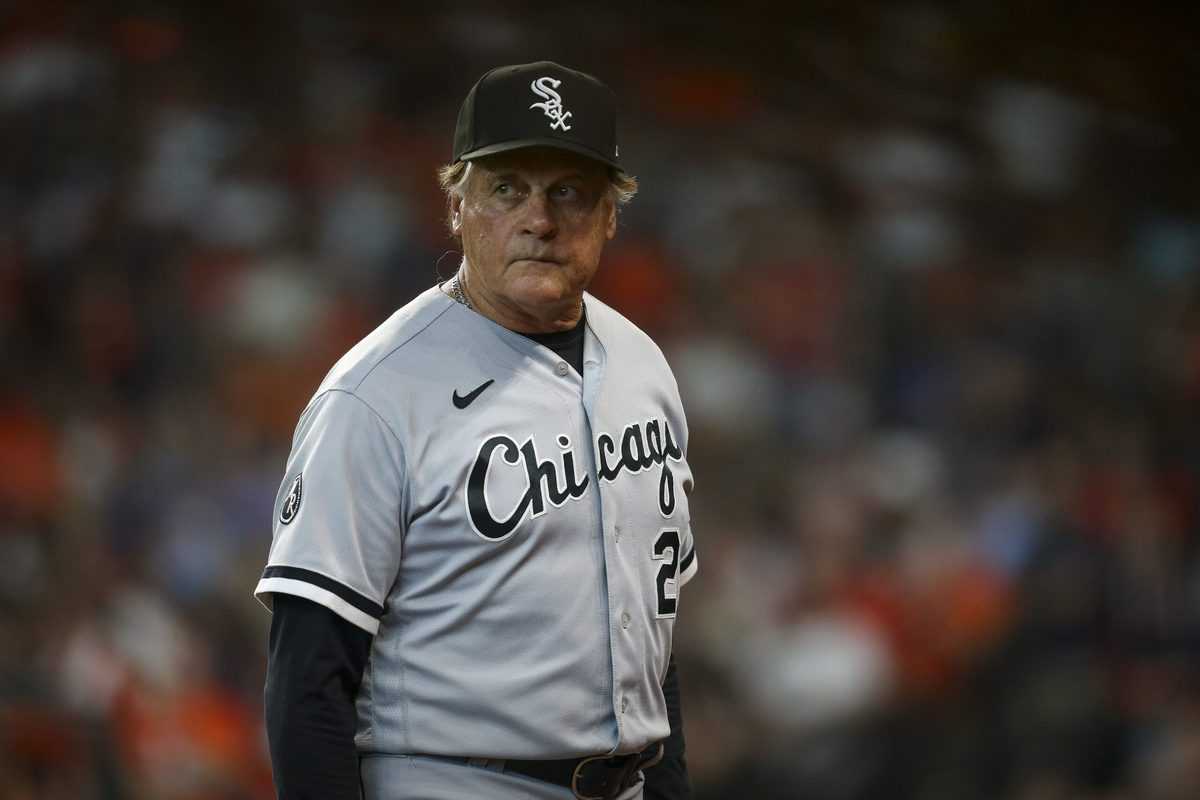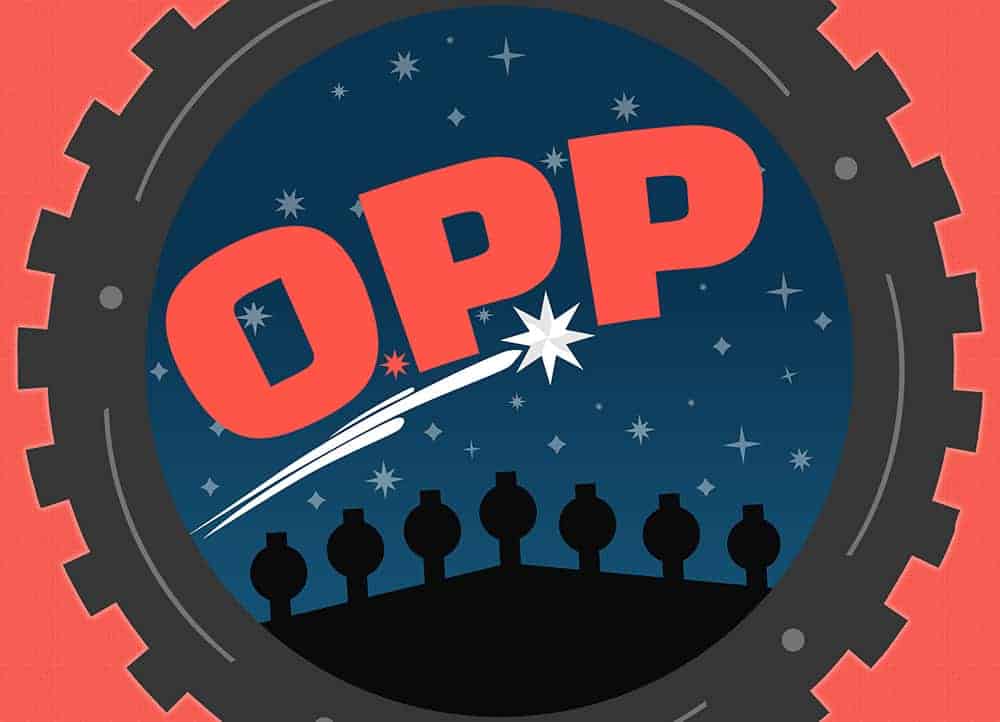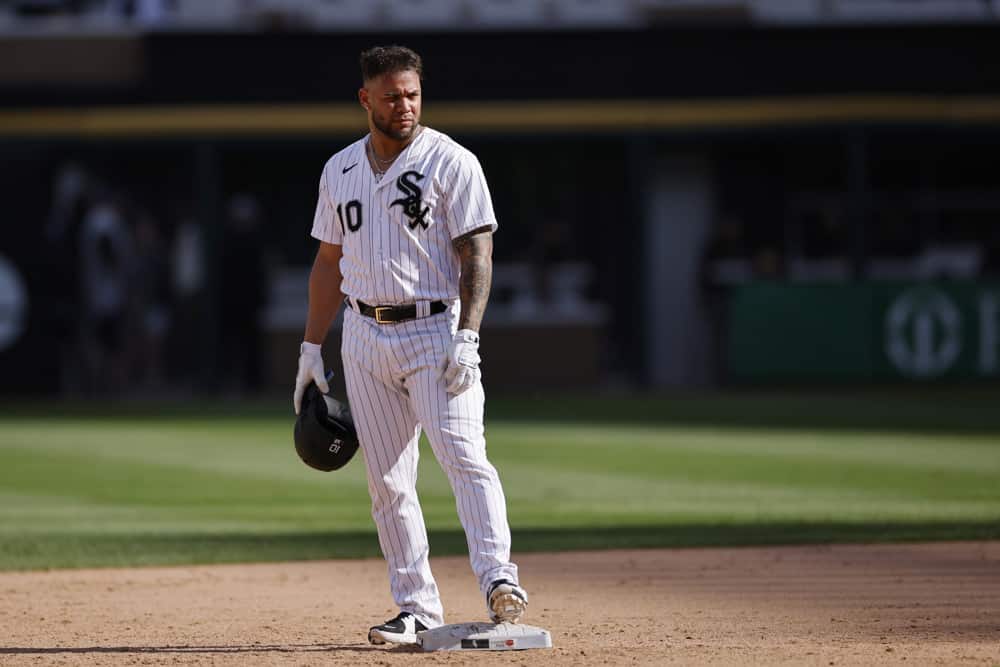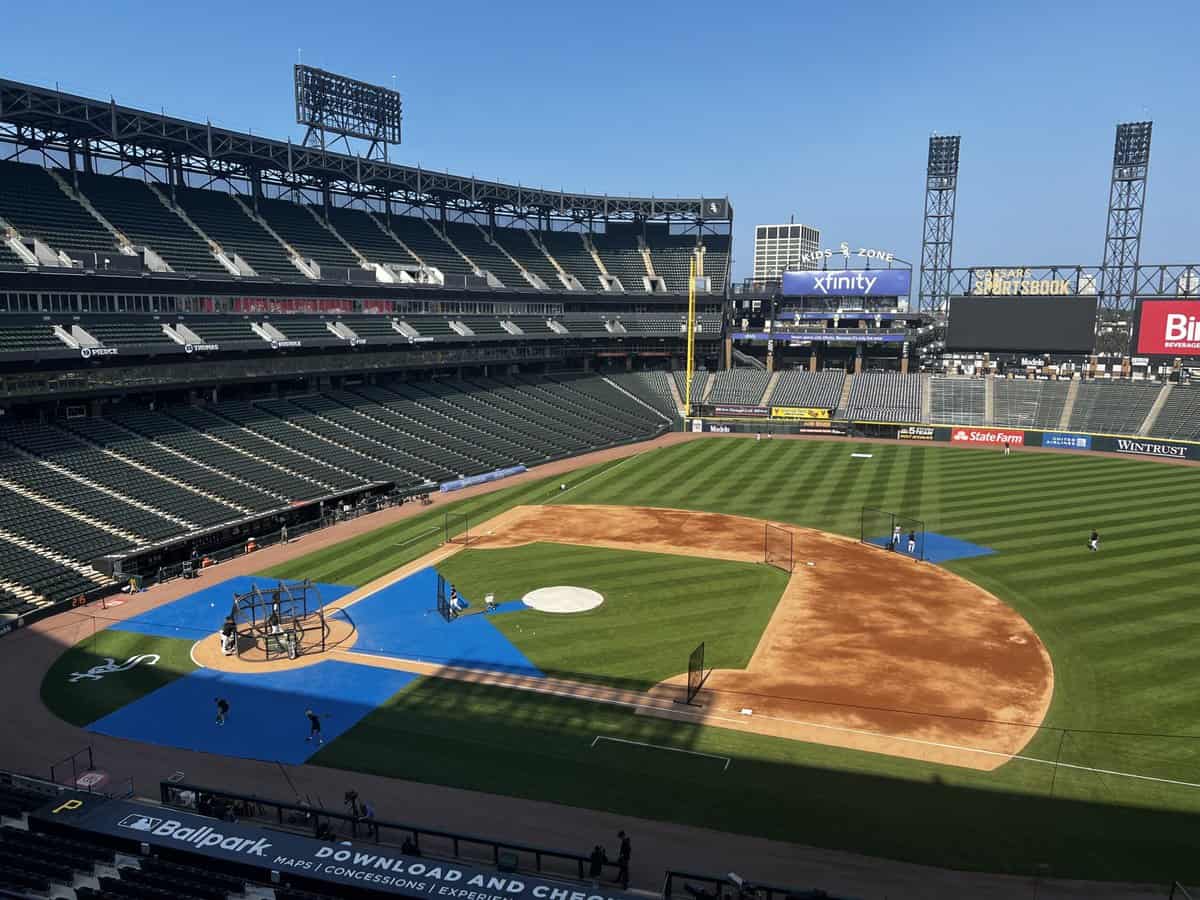When it comes to criticism, I find it's important to separate the things that aren't to your taste from the things that shouldn't be done, from the things that can't be done. If you treat everything in the first category like the second or third, you run out of room for proportion pretty quickly. (Unless you're funny, and then you might have an effective shtick.)
Take broadcasts, for instance. A national crew is never going to provide accurate assessments that also mesh with a fan base's understanding like a local broadcast, in large part because that local broadcast shapes the fan base's understanding. It's hard to wear a suit right off the rack after you've bought bespoke. You're in OK shape if it provides coverage without chafing or showing ass.
Fox Sports 1's handling of Game 1 wasn't stellar, but mostly because of the ads that aired over the actual game early and late. Adam Amin and A.J. Pierzynski seemed to be fine, aside from providing an inaccurate scouting report on the White Sox outfield defense at the start of the game. The Astros received a lot more praise, but they also never trailed in the game and won by five. Perform well, get compliments is generally how it works. If I missed additional incorrect insights, it's because the voices blended in well enough to not distract.
If you aired every grievance against Amin and Pierzynski, your complaints about the MLB Network broadcast booth may be shrugged away, even though it actually provided a legitimately terrible audio overlay. I had my suspicions before the game when Buck Showalter said Bob Costas was the kid of the booth, because 1) Costas is 69 years old, and 2) four years older than Showalter. Sure enough, the game didn't go a half-inning without the booth's eldest statesman, 82-year-old Jim Kaat, likening Yoán Moncada to chattel, a comment for which he issued a perfunctory reading of a written apology between an RBI single and a bourbon ad in the fifth inning.
They were lucky if they referenced a player who retired after the players on the field were born. They complained about shifts, they complained about analytics. They were trying to figure out what Lucas Giolito threw as he went along. Costas mistook José Abreu for Andrew Vaughn, and he called Eloy Jiménez "Elroy" well into the game. It was a slog, and no way to present a baseball game in 2021.
(A broadcast booth doesn't need term limits, but it needs to possess an updated knowledgebase, and somebody who can pull the conversation back into the present day. When paired with Jason Benetti, Steve Stone's 74 years are irrelevant, except the times when they're fodder for odd-couple comedy. When he shared a booth with Hawk Harrelson and Tom Paciorek during Hawk's final year, the conversation turned to the dangers of guaranteed multiyear contracts within 10 minutes.)
* * * * * * * * *
The sense of proportion required to place broadcasts on a scale is also helpful when assessing managerial strategy. October baseball puts every decision point under the microscope. It's understandable, because errors in preparation are harder to forgive than getting trumped on the field in a zero-sum game, but the vigilance in inspecting decision-making processes runs the risk of treating player performances as a secondary concern.
In terms of managerial moves, Tony La Russa's decisions have matched the quality of the broadcasts. Game 1 was acceptable, even if you might've done some things differently. Game 2 is just about impossible to defend, to the point that it also made his Game 1 thought process worse.
Let's go back to the biggest fork in the road on Thursday, when Lance Lynn pitched to Michael Brantley in the fourth inning with two outs and runners on second and third. Lynn could have walked Brantley to set up a righty-righty matchup with Alex Bregman for Reynaldo López, or Tony La Russa could have had a lefty better suited to retire Brantley. Both could have been wiser than challenging Brantley with a Lynn who wasn't in top form.
But I could see reasons why Lynn pitched to Brantley, one being that Brantley finished the season hitting .252/.303/.309 over his last 34 games, which were interrupted by a knee problem. Lucas Giolito and the Sox struck out Brantley thrice in Game 2, so there's reason to believe Brantley's short of himself. It was worth investigating whether Brantley was a sneaky liability, especially his first two trips produced a weak groundout and a foiled bunt single attempt.
Beyond exploring a possible weakness, Lynn was attempting to maintain a three-run deficit during the first half of the game, when the Astros' win probability had already spiked to 85 percent without accounting for the White Sox lineup's Lance McCullers-specific issues. Playing matchups might've given them a better shot at a comeback, but it more likely would've been throwing good money after bad, and perhaps sending a message that a 1-0 series hole was insurmountable when a 1-1 split would do just fine.
La Russa chose Reynaldo López, Garrett Crochet and José Ruiz to get through the game, and the White Sox offense didn't produce enough to make him regret a less aggressive approach. Four games remained, with better matchups in store for at least two of them.
* * * * * * * * *
Halfway through Game 2, the faith in the bigger picture seemed to be rewarded, even if the parts weren't quite working as imagined. Lucas Giolito labored through four innings, but the Sox knocked out his counterpart, Framber Valdez, with four runs through the top of the fifth, which is what they had in mind on that side of the ball. A 4-2 lead heading into the bottom of the fifth shoved win probability in their favor, giving them a 71.7 percent likelihood of winning the game.
This was the point in the game where the failure in Game 1 could be converted into confidence going the relief route, because everybody saw that passivity poses its own peril. Lynn met his end when facing a lineup three times within five innings, so why try with an equally laboring Giolito? He'd thrown 77 pitches at that point, and every inning was a struggle since a 1-2-3 first, which accounted for three of his four strikeouts. Whether the White Sox turned to Michael Kopech for multiple innings, or started to stitch together five innings with Garrett Crochet or Ryan Tepera, La Russa preserved all his options for a heavy bullpen day.
Instead, La Russa let Giolito start the fifth, when he walked two of three batters around a deep flyout for Brantley. Then he called for Crochet, a rookie, to clean up the mess against the Astros' two best hitters. Crochet didn't have confidence in his slider, so he walked Alvarez to load the bases, then yielded a smashed single up the middle by Yuli Gurriel that tied the game.
The game didn't end there. If only it did. Sox fans would've been spared the combination of deaths slow (another dastardly Aaron Bummer BABIP Betrayal) and violent (Craig Kimbrel's bunch of nothing).
The latter -- a curious choice considering Liam Hendriks came in to handle the eighth and final inning with a five-run deficit -- was exacerbated by the presence of Leury García, who moved to right field because of a pointless pinch-hitting appearance by César Hernández in the top of the seventh that removed Adam Engel from the game. Garcia the right fielder now has a two-game streak of horrendous routes in his first inning of a game, as evidenced by his first inning on Sunday ...
... and the seventh inning on Friday.
* * * * * * * * *
That summary of three innings covers three courses of action where La Russa's choices were eminently first-guessable. I haven't seen any comment on Engel's absence, which is a shame since that one could be the easiest to explain. Engel missed half the season with an assortment of nagging injuries, and after going 0-for-2 with a strikeout to that point, there's a chance that the Vague Leg flared up on him once more.
As for the other two, where was Michael Kopech to supplement a short start? James Fegan explains:
An extended outing for Michael Kopech was never explored, though La Russa said the planned pitching strategy for a now vital Game 3 did not factor into it, and expressed confidence in Crochet’s ability to face opposite-handed hitters.
“If we needed him to win the game, we would have pitched him,” La Russa said. “But whatever happens on Sunday, we’ve got his length there. That’s another big asset for us. We didn’t have to waste it. He could have pitched an inning today and still been available. He’ll be even more available.”
Kopech isn't so proven that you can reflexively strip that first sentence of its conditional properties. Pitching Kopech doesn't ensure victory, which is why I recommend setting aside the proper noun. It's clear they needed somebody besides Giolito, and Kopech had been designated that guy with his three-inning appearances, so he was probably that guy. But Crochet wouldn't have been a ridiculous choice either given handedness concerns, at least if he didn't inherit somebody else's mess.
As for Kimbrel, the struggles over the course of his White Sox career forced La Russa to decide who to defend, and he tried to choose his player:
“His resume speaks for itself,” White Sox manager Tony La Russa said Friday. “… It’s not an explanation or an excuse. You take it to heart. It’s not his situation. He willingly got ready to come in here and pitch. It’s a different situation.” [...]
“He is his resume,” La Russa said of Kimbrel. “I hope we’re ahead on Sunday, and I think you’ll see what he’s done his whole career.”
La Russa is saying that Kimbrel remains unaccustomed to pitching outside the ninth inning, which reflects terribly on both of them. The Kimbrel story is a lot more sympathetic if it's about the idea that his velocity peaked in June, and efforts to compensate for the loss of power have knocked him further off course, versus the idea that his mentality is so delicate that he can't adjust his preparation methods even when you give him two months to iron out the wrinkles. That only makes the "Future Hall of Famer" tag more ridiculous than it already is, and now you understand why the Rays avoid marrying the guys who handle their ninth innings.
But if the remainder of Kimbrel's 2021 season can't be recovered, it reflects poorly on a lot more people -- Ethan Katz, the White Sox front office -- so the flimsy closing excuse serves the purpose of sparing them while fulfilling the requirements of answering a question. I retain the right to revisit this defense if La Russa actually entrusts Kimbrel with a lead.
* * * * * * * * *
Some solace can be found in the idea that the Astros are playing so well that even La Russa's best work might not have made a difference. Were this a best-of-three, everybody could say the White Sox got outplayed. One fact that's outside of La Russa's purview: The Sox departed Houston still in search of their first extra-base hit. If you hadn't been following this series and somebody told you the White Sox were limited to singles over the first two games, you'd probably assume they're down 2-0. And they are.
The combination of the Astros' talent and performances are making their own luck. Engel might not have made that catch. Kopech could've had one of his random blowouts, whether relieving Giolito or Bummer. Whenever the White Sox are beating themselves, it's partially because the Astros are holding their wrists and drumming on their skulls.
That creates some irony, in that a disparity that might ultimately prove too large to negate even La Russa's best possible work makes La Russa's missteps all the more costly. The Sox have no dependable margin for error when the starters can't get through five innings and the offense is only producing singles, so when La Russa and the Sox are halfway to a win in spite of those flaws, they need to do everything they can to see it through, especially since he already tried trusting a veteran and letting a situation play out to no avail. Some "mistakes" are merely calculated risks that backfire. They only become mistakes when they fail to inform future decision-making.
The good news is that the Sox will finally be inspired to pull out all the stops for Game 3. The bad news doesn't require elaboration.
(Photo by Thomas Shea/USA TODAY Sports)





